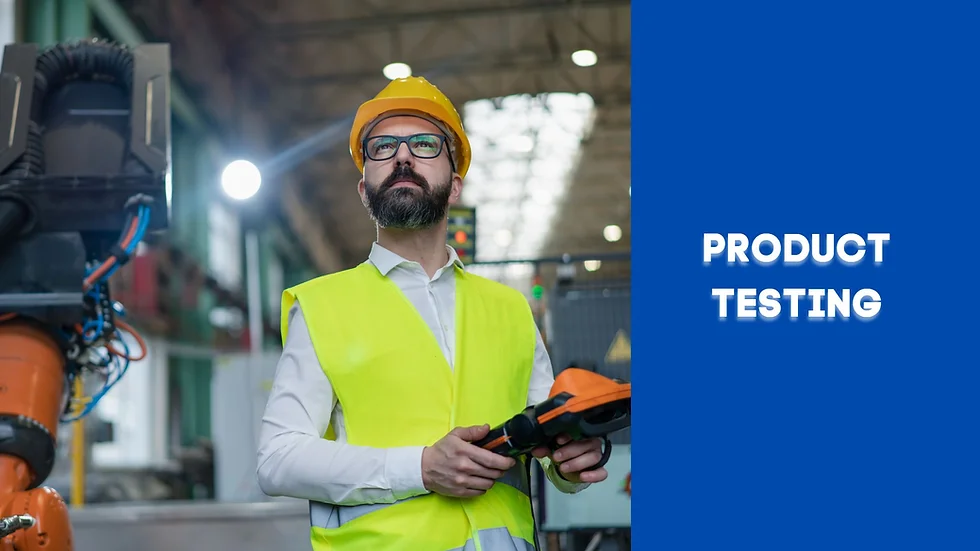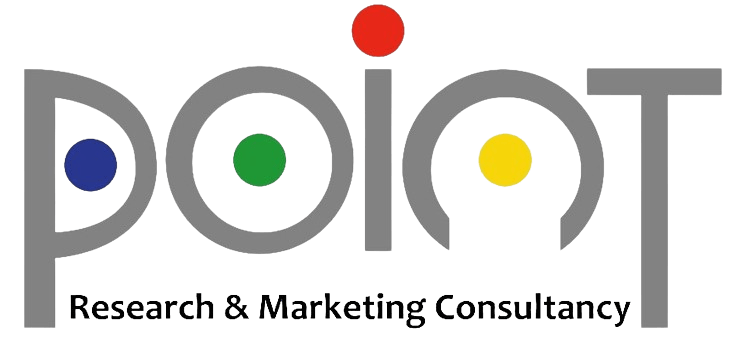
Product testing services play a crucial role in today’s competitive market landscape, ensuring that products meet safety, quality, and regulatory standards before reaching consumers. In the UAE, a region known for its rapid development and innovation, the importance of these services cannot be overstated. This article delves into the significance of product testing in the UAE, exploring its historical context, types, benefits, challenges, and future trends.
Historical Context
Evolution of Product Testing
Product testing has evolved significantly over the years. Initially, testing focused primarily on safety and basic functionality. However, as markets became more competitive and consumers more discerning, the scope of product testing expanded to include quality assurance, performance, and regulatory compliance.
Key Milestones in UAE’s Product Testing History
In the UAE, product testing has seen significant advancements, particularly with the establishment of regulatory bodies like the Emirates Authority for Standardization and Metrology (ESMA). Key milestones include the implementation of stringent safety standards and the adoption of international testing protocols.
Types of Product Testing Services
Safety Testing
Safety testing ensures that products do not pose any harm to consumers. This includes checking for toxic substances, flammability, electrical safety, and more.
Quality Assurance Testing
Quality assurance testing focuses on the overall quality of the product, ensuring it meets the specifications and performance criteria set by manufacturers and regulatory bodies.
Performance Testing
Performance testing evaluates how well a product performs under various conditions. This can include stress tests, durability tests, and functionality tests.
Regulatory Compliance Testing
Regulatory compliance testing ensures that products adhere to the laws and regulations of the region where they are sold. In the UAE, this includes compliance with ESMA standards.
Environmental Testing
Environmental testing assesses the impact of products on the environment. This can include testing for emissions, waste management, and sustainability practices.
Consumer Testing
Consumer testing involves real-world testing by potential users to gather feedback on product usability, satisfaction, and overall performance.
Importance of Product Testing
Ensuring Product Safety
Product testing is vital for ensuring the safety of consumers. By identifying potential hazards and mitigating risks, manufacturers can prevent accidents and injuries.
Enhancing Product Quality
Testing helps in maintaining high-quality standards, ensuring that products are reliable and meet consumer expectations.
Compliance with Regulations
Regulatory compliance is essential for legal operation in the market. Product testing helps companies adhere to local and international regulations, avoiding legal issues and fines.
Boosting Consumer Confidence
Consumers are more likely to trust and purchase products that have been thoroughly tested and certified for safety and quality.
Reducing Product Recalls
By identifying issues early in the production process, companies can reduce the likelihood of costly product recalls and damage to their reputation.
Competitive Advantage in the Market
Products that are tested and certified often enjoy a competitive edge in the market, as consumers prefer reliable and safe products.
Key Industries Utilizing Product Testing in UAE
Automotive Industry
The automotive industry relies heavily on product testing to ensure vehicle safety, performance, and compliance with regulations.
Electronics and Appliances
Electronics and appliances undergo rigorous testing to ensure they are safe, durable, and meet performance standards.
Pharmaceuticals
Pharmaceutical testing is critical for ensuring the safety and efficacy of medications, adhering to strict regulatory standards.
Food and Beverage
The food and beverage industry uses testing to ensure products are safe for consumption and meet quality standards.
Cosmetics
Cosmetic products are tested for safety, efficacy, and compliance with regulatory standards to protect consumer health.
Construction Materials
Construction materials undergo testing to ensure they meet safety standards and perform well in various environmental conditions.
Benefits of Product Testing Services
Improved Safety Standards
Product testing helps in maintaining high safety standards, protecting consumers from potential hazards.
Increased Market Access
Products that pass rigorous testing are more likely to be accepted in international markets, expanding business opportunities.
Enhanced Brand Reputation
Companies that prioritize product testing and quality assurance build a strong reputation for reliability and safety.
Cost Savings in the Long Run
Investing in product testing can save companies money by preventing costly recalls, legal issues, and damage to brand reputation.
Informed Decision Making
Testing provides valuable data that helps companies make informed decisions about product development, improvements, and market strategies.
Challenges in Product Testing
High Costs
Product testing can be expensive, particularly for small and medium-sized enterprises. The cost includes testing equipment, laboratory fees, and compliance costs.
Time-Consuming Processes
The testing process can be lengthy, potentially delaying product launches and market entry.
Rapid Technological Advancements
Keeping up with rapid technological advancements can be challenging, as testing methods and standards need to evolve accordingly.
Regulatory Changes
Frequent changes in regulations require companies to stay updated and adapt their testing protocols, which can be resource-intensive.
Finding Qualified Testing Partners
Identifying and partnering with qualified and reputable testing laboratories is crucial for accurate and reliable testing results.
Regulatory Bodies and Standards in UAE
Emirates Authority for Standardization and Metrology (ESMA)
ESMA is the primary regulatory body responsible for setting and enforcing standards in the UAE. It ensures that products meet safety, quality, and environmental standards.
Dubai Central Laboratory (DCL)
DCL provides testing and certification services, supporting various industries in ensuring compliance with local and international standards.
Abu Dhabi Quality and Conformity Council (QCC)
QCC develops and implements quality and conformity programs to enhance product safety and quality in Abu Dhabi.
Key International Standards Adopted in UAE
The UAE adopts several international standards, including ISO, IEC, and ASTM, to ensure products meet global safety and quality benchmarks.
Case Studies
Successful Implementation of Testing in the Automotive Industry
Case studies highlight how rigorous testing in the automotive industry has led to improved vehicle safety, performance, and consumer trust.
Overcoming Challenges in the Electronics Sector
Examining how electronics companies have navigated testing challenges to deliver safe and high-quality products.
Improving Consumer Trust in the Food Industry
Case studies show how the food industry has utilized product testing to ensure food safety and quality, boosting consumer confidence.
Future Trends in Product Testing
Integration of AI and Machine Learning
AI and machine learning are revolutionizing product testing by enhancing accuracy, efficiency, and predictive capabilities.
Development of Faster Testing Methods
Advancements in technology are leading to the development of faster and more efficient testing methods, reducing time-to-market.
Growing Importance of Sustainability Testing
As sustainability becomes a priority, testing for environmental impact and sustainability practices is gaining importance.
Increased Collaboration Between Industries and Testing Facilities
Collaboration between industries and testing facilities is fostering innovation and improving testing protocols and standards.
Expert Insights
Interviews with Industry Leaders
Insights from industry leaders on the current state and future of product testing in the UAE.
Predictions for the Future of Product Testing
Expert predictions on how product testing will evolve, focusing on technological advancements and regulatory changes.
Conclusion
Summary of Key Points
Recap of the importance of product testing services, highlighting key benefits, challenges, and future trends.
Post a comment Cancel reply
Related Posts
Best Business Consulting Services in Ajman, Ras Al Khaimah & Fujairah to Grow Your Company
Business consulting services have emerged as a strong foundation on which companies can achieve growth,…
Growth Strategy Consulting: Driving Business Success Through Customer Experience
Growth Strategy Consulting has become one of the most trusted ways for businesses to…
Customer Experience in the GCC: The Role of Modern Call Centers
Customer Experience has become one of the strongest factors that influence how people choose a…
How Market Research Can Simplify Your Business Setup in Dubai
Business Setup in Dubai has now become a major goal for every entrepreneur willing…







